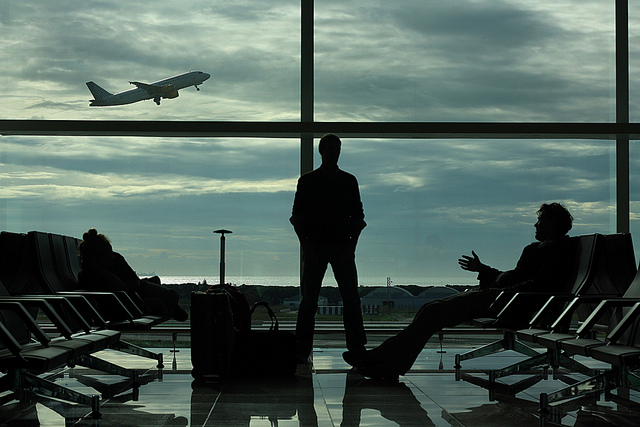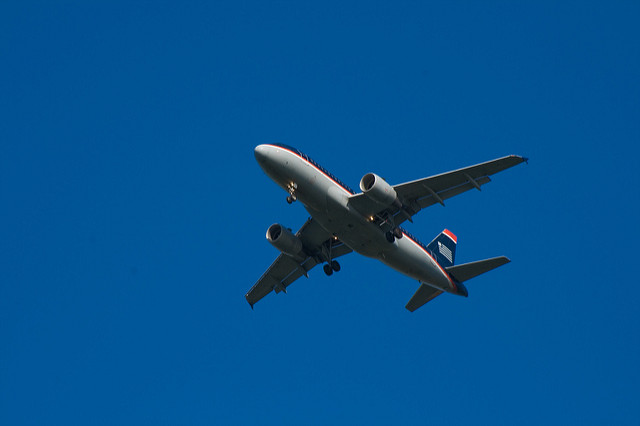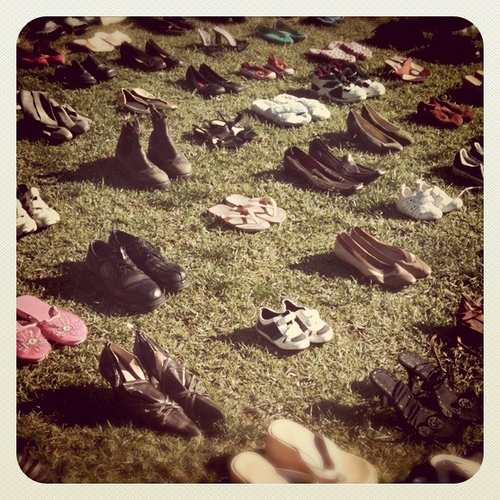Any journey worth the while should also be an opportunity to disconnect, to wear out ones feet walking, and to recharge ones batteries as well as prepare oneself for best possible return to work. Long flights, which are always uncomfortable and boring, are often the non-economic price one must pay for a well-earned vacation. To minimize the most inconvenient aspects of spending so many hours in the air, here are some tips that will help alleviate the symptoms of the “economy class syndrome.”

- A good massage on the legs and feet before departure: Ideally, this will get the blood flowing nicely so your legs will better withstand the pressure up there. Both feet and legs tend to get tired on board the aircraft, and if the flight is a long one, they may swell. This can be prevented or at least reduced with a pre-flight massage. During the flight, you can also do a series of exercises which I’ll tell you about later.
- Drinking water regularly: Being hydrated is very important when flying. Sometimes we lose sense of time up in the air and don’t drink enough fluids. That’s definitely not good. You will be able acclimate and adjust to the pressure better with hydration. Also, it gives you a good reason to get up and go to the restroom, which will allow you to move your legs occasionally.
- Stretching during the flight: Walking is very good for blood flow and to prevent swelling, and stretching is also a good idea. Muscles that have been placed in the same position in a small space at 30,000 feet are going to get stiff. Stretching will help you regain flexibility and, above all, prevent aches throughout your body.
- Don’t wear clothes or shoes that are too tight: Try to travel in loose clothing. A skirt or wide trousers are better than leggings or jeans. This can contribute to poor blood circulation. The tighter the garment, the more your legs will swell. It´s the same with shoes and socks. The best shoes are loose and open, or you can also go barefoot. A footrest also helps.
- Don’t overeat: When you eat too much, you will feel heavier than usual and will not be able to rest as well during the flight. It’s very hard to find a comfortable sleeping position with a full stomach. Has that ever happened to you? This is why the meals they serve on aircraft are on the small side. Well, that and to save money.
- Try to sleep according to the schedule of the destination country: jet lag is the most difficult thing to control, in my opinion. You arrive tired if you sleep the hours you need, but if not you can try to adapt to the new time schedule. It is said that traveling from west to east is worse than east to west, which apparently is more difficult for our biological clocks.
- Back to the grind: If upon arrival you immediately slip back into your daily business, you are probably going to be stressed out. If the journey is a long one, I recommend that you stay home at least one day before returning to work. This is not only because of the “post-holiday syndrome,” but also because you will be physically tired. Use that day to catch up on lost sleep and recharge your batteries.

 English
English


